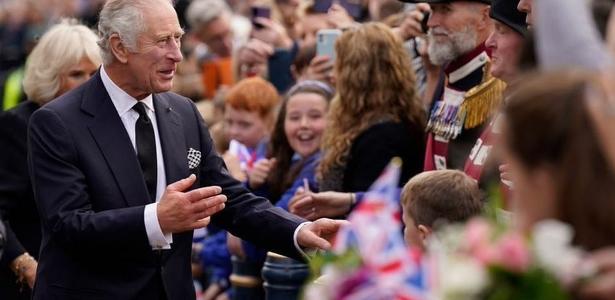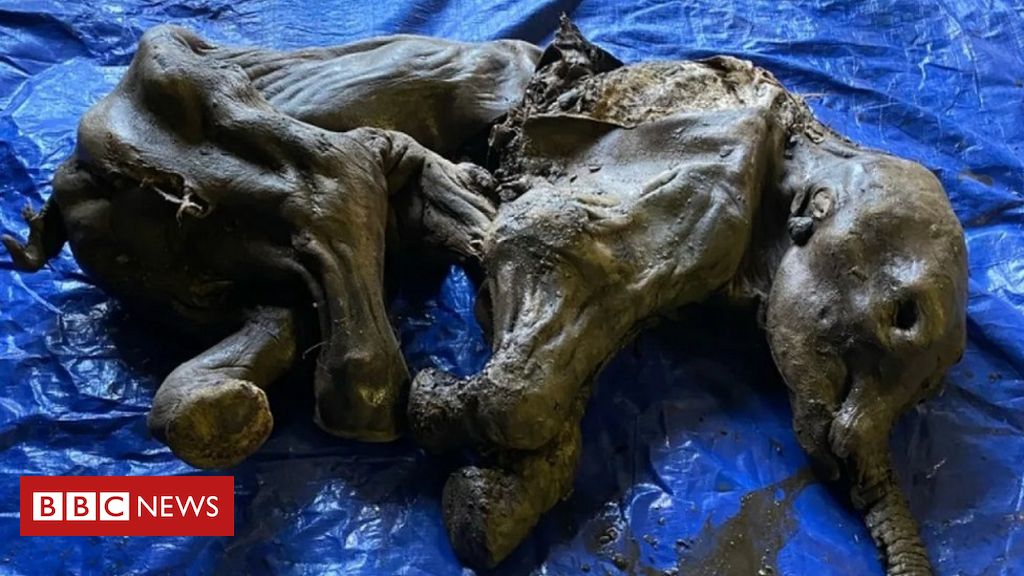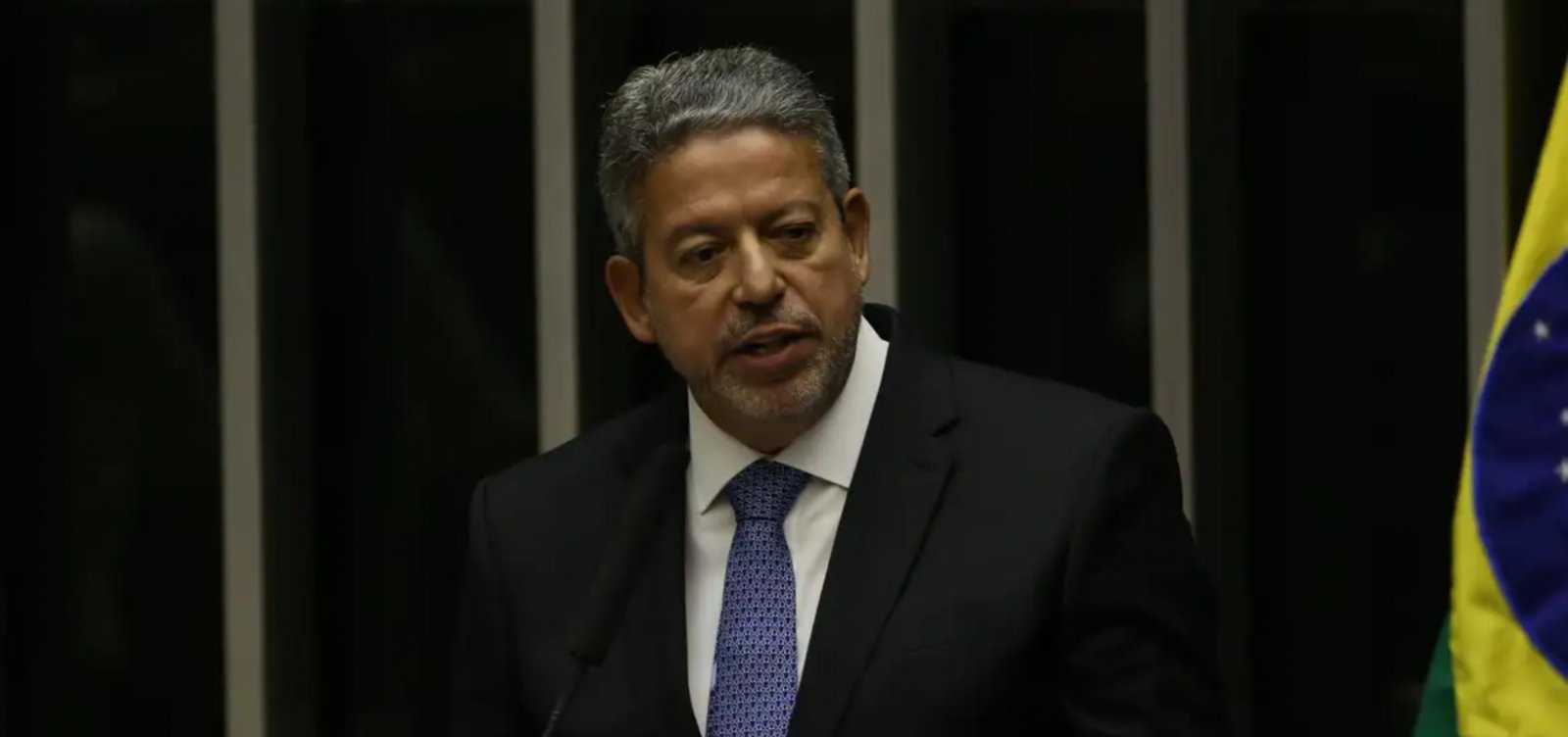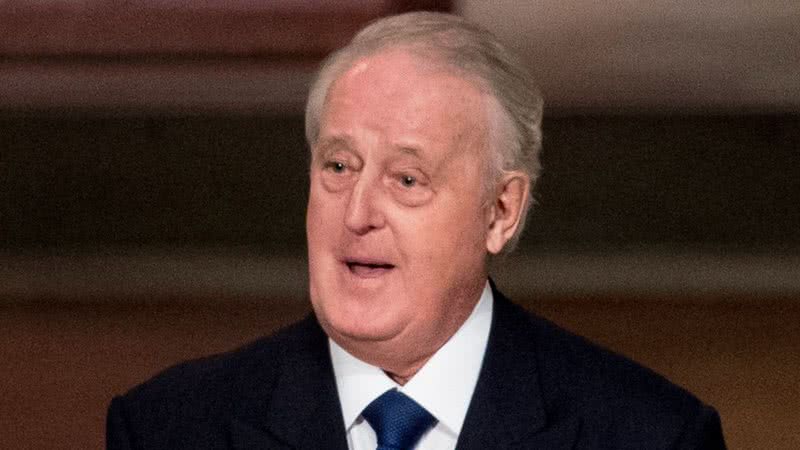In theory, few transitions have been as smooth as the succession to the British monarchy: less than 48 hours after Queen Elizabeth II’s death, King Charles III was officially declared the new ruler of England.
But things weren’t that simple: Charles ascended the throne at a challenging time for both the country and the royal family. Historians interviewed by the BBC believe the new king faces “unprecedented challenges” that will be decisive – for better or for worse? his reign and those who will follow him.
Charles will face many tests: from dealing with the impact of the country’s energy crisis, to facing a changing perception of the monarchy after his late mother ruled for 70 years.
Here are some of the main issues the new king may need to pay attention to.
A ‘down to earth’ monarchy?
Millions of UK households face potential fuel shortages this winter as fuel prices soar. fuel fossil fueled by the war in Ukraine. The most pessimistic estimates say that up to 45 million people will struggle to pay their bills—that is, two-thirds of the country’s population.
This scenario is likely to put the royal family’s finances under more scrutiny than usual. Indeed, even before the war, there were rumors in the British press that the then Prince of Wales was willing to cut back on the grandeur and atmosphere of royal events — including his coronation, which will take place after June 2023 (after a period of mourning over the queen’s death).
Britain’s Daily Telegraph speculated on September 13 that the event would differ from the late Queen’s lavish coronation in 1953 – which was the first television ceremony of its kind.
Citing sources close to the royal family, the paper said Charles III’s coronation would be shorter, “cheaper” and, importantly, more multicultural, to reflect the diversity of British society.
Charles has previously spoken of his desire for a streamlined monarchy – which is likely to translate into a smaller group of “active members” of the kingdom, centered on King and Queen consort Camilla, Prince William and his wife Kate.
“Most likely we will see things go downhill, especially coronations,” historian Kelly Swab, a British royal expert, told the BBC. “The royal family needs to pay attention to what is happening in this country in these difficult times.”
Royal family finances are a complex subject that is often at the center of arguments against the monarchy: money. mainly comes from taxpayer-funded annual paymentsknown as “sovereign subsidies”.
For 2021-2022, this subsidy has been set at US$99.8 million (R$511.6 million) — the equivalent of US$1.49 (R$7.77) per person in the UK, but this does not include the high security costs for members Royal Family.
declining reputation
Support for the monarchy is at its lowest in more than 30 years, according to the British Social Attitudes Survey, a survey that regularly measures the sentiment of a sample of the UK population towards royalty.
The latest edition of the poll, published in 2021, shows that 55% of Britons think it is “very important” or “important enough” to have a monarchy. In the previous decade, this support fluctuated between 60% and 70%.
In May this year, Charles appeared third on people’s favorite royals list, behind the Queen and her eldest son Prince William. While polls taken after Elizabeth II’s death have shown growing support for the new king, there are signs that Charles has work to do to improve the royal family’s reputation.
“One of the challenges for the king was to make the monarchy attractive to the younger generation,” says historian Richard Fitzwilliams.
Fitzwilliams’ opinion is in line with the British Social Attitudes Survey, which shows that by 2021 only 14% of people between the ages of 18 and 34 would consider it “very important” for Britain to have a monarchy, while the proportion of those aged 55 and over 44 %.
And according to a YouGov poll conducted for the anti-monarchy Republican group, 27% of the population supports the abolition of the monarchy outright.
This is a relevant increase if we consider that the norm over the last decade was 15% support for the complete abolition of the monarchy. And much greater discontent exists among the younger generation.
Kelly Swab also points out that “a lot of things have changed since 1952” (the year Elizabeth II became queen). He was specifically referring to the sporadic protests against the monarchy that have occurred in recent days.
“There is less respect for the monarchy these days and more scrutiny from the royal family,” he said. “That’s what King Charles needs to remember.”
‘Never complain never explain’
King Charles III is the head of state in the United Kingdom. But under the British model of constitutional monarchy, the ruler’s power is largely symbolic and ceremonial. As such, members of the royal family are expected to remain politically neutral.
The late queen’s firm attitude was seen by many people due to her belief in the saying “never complain, never explain”.
In the past, Charles used to express himself on various topics that he considered important. In 2015, it was revealed that he had written dozens of letters to government ministers expressing concern about issues ranging from herbal medicine to public budgets and the Armed Forces.
Will his posture change? Constitutionalist Vernon Bogdanor believes so.
“He knew since he was young that his style had to change. The public would not want a militant king,” said Bogdanor.
On September 12, while addressing members of Parliament, the newly proclaimed king was already showing signs of turning more politically neutral. As well as acknowledging that there are vested interests he must leave behind, Charles said Parliament is the “living and breathing instrument” of British democracy.
Commonwealth: colonial heritage
After his mother’s death, Charles became head of the Commonwealth, a political association of 56 countries, mostly former British colonies. He is also the head of state for 14 countries besides the UK — a list that includes Australia, Canada, Jamaica and New Zealand.
However, in recent years, several Commonwealth countries have begun to debate their relationship with the British crown. As part of that process, Barbados made the decision to become a republic by the end of 2021, removing the late Queen as head of state. Located in the Caribbean, the island has endured centuries of British influence and has been a center for the transatlantic slave trade for more than 200 years.
THAT traveling from Prince William to the Caribbean in early 2022 sparked anti-colonial protests and demands for restitution for slavery in the region. Jamaica’s Prime Minister Andrew Holness has publicly told royals that the country is “moving forward”.
Sean Coughlan, the BBC’s royal correspondent, believes redefining more modern relations with the Commonwealth will be a “huge challenge” for King Charles.
“On his visits to Commonwealth countries, Charles will be challenged to navigate the difficult legacy of colonialism and issues such as slavery.”
A ‘veteran’ king
At 73, Charles III is the oldest person ever to be crowned King of Great Britain. One of the questions about his day to day reign was how many of the long list of royal duties he could fulfill on his own.
There has been much speculation that his son and heir to the crown, Prince William, will share the burden of royal duties, especially overseas travel. Queen Elizabeth II herself stopped traveling abroad at the age of eighty.
“Charles was the old king. He couldn’t do everything,” says historian Kelly Swab. “I think the consequence of this is we’re going to see a lot more Prince William.”
Standing before the queen
As the outpouring of grief across the country after her death makes clear, Elizabeth II was a very popular monarch.
That in itself was a challenge for the new king – but insurmountable and unheard of, according to royal historian Evaline Brueton.
He claims that King Edward VII was in a similar situation when he inherited the crown in 1901, following the death of Queen Victoria, another very popular and long-lived monarch.
“There are interesting similarities between where we are today and the end of the Victorian era,” Brueton said. “Both Edward 7th and Charles 3rd reigned in a period of social change in England. And neither was as popular as their mother.”
Edward VII reigned for only nine years (1901-1910) but is remembered as the king who was involved in the diplomatic endeavors that laid the foundation for the famous Entente Cordialea series of treaties between Britain and France were signed in 1904.
“Edward 7th did very well and there is nothing to suggest that Charles will not be remembered as an equally important king,” Brueton said.
“He had Queen Elizabeth II as a great role model and had time to prepare for the task.”

“Geek zombie. Subtly charming social media scholar. Beer enthusiast. Lifelong bacon pioneer.”






